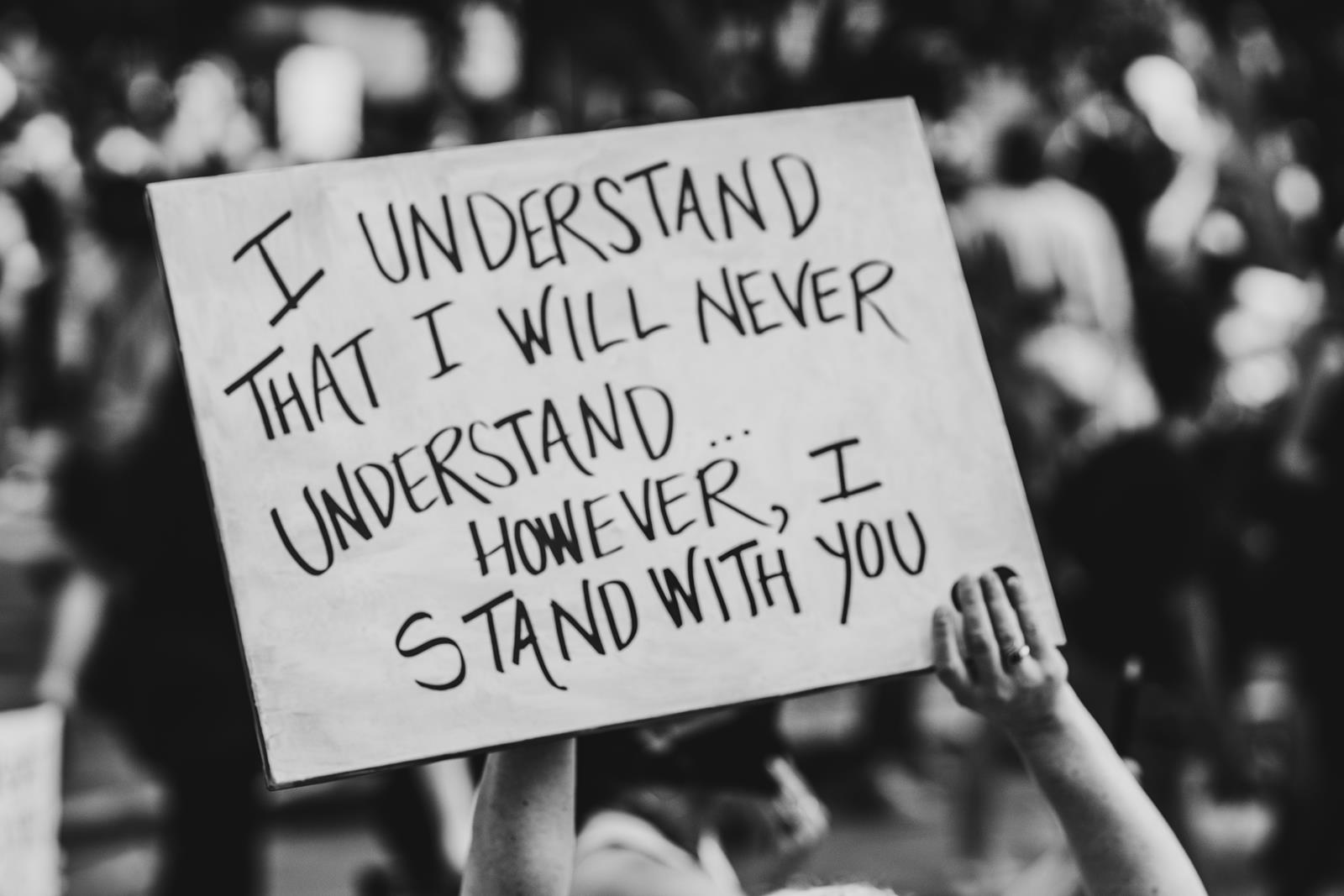
Politics and Disabilities
Today, including everyone is not just a goal; it’s the law. If you want to make communities more fair, you should talk about how politics affect disabled people. When disabled people share their thoughts, ideas, and skills, they help the country grow. People don’t have to rent cars. It protects their rights, gives them more chances, and gets rid of things that are holding them back. Leaders need to make sure that disabled people can speak up in government and that they can easily get to places. Laws don’t grow things by themselves, though. Also, people need to know that equality means taking part, not feeling sorry for other people. As more people learn about inclusion, their ideas start to shift in many parts of the world. They are now in charge of it after being behind it. Being kind and fair can help people make big changes that last.
Representation And Political Participation
As a citizen, you should be able to make your voice heard. It’s important to let handicapped people have a say in things because it changes their lives. They had trouble getting involved in politics in the past because of real and built blocks. There were times when they couldn’t vote in important elections because the voting places were too far away, didn’t have enough space, or people made fun of them for going.
But this is how things are changing. It is now clear to more states and campaign groups that including everyone in politics makes democracy stronger. As more and more politicians with disabilities share their personal stories, they become more and more important leaders. When they show up, it makes people think about old ideas and makes sure that rules cover issues that happen in the real world. More and more individuals want to take part. Fair voting tools that work for everyone are what people want. They also want to be able to use sign language at the polls and when talking about policy. You need to do more than just vote to have your say. That means that everyone, no matter what skills they have, should be able to help make rules that are fair for everyone.
Accessibility As A Political Priority
Being fair is just as important as technology when it comes to making things available. They can also choose how easy it is for people to get to work, school, health care, and other places in a culture. You can show that you care about freedom and human rights by making things easy for people to get to.
It’s not just lifts and stairs. No one should be able to miss out on chances or knowledge because they can’t get to school or use technology. These things should be open to everyone. People will often move around and be more involved in their neighborhoods if a country puts movement first. In general, this is good for the business and people. This shows that the right to move around freely is something that should be protected, not something that should be taken away. Making sure that everyone has the same chances should be the main goal of politics. If someone says they are equal, this helps them out and makes sure no one falls behind because their information wasn’t put by the system.
Disability Rights Movements And Legislative Progress
Politics have always been a big part of helping disabled people get ahead. For decades, people have pushed for big rules to be passed all over the world. Such as the Americans with Disabilities Act in the US and similar rules in Asia and Europe. Because of these rules, equal rights are now the law, and they are also the right thing to do.
Disability rights groups show that it’s important to keep going and speak out as a group. Friends, fans, and protesters worked together to pass laws that make it easier for everyone to be a part of homes, schools, jobs, and public transit. But making rules isn’t the end of the job. To really grow, you have to follow strict rules, keep learning, and take care of your needs. People who are having trouble should share their thoughts and work with others so that rules can be changed to fit new situations. Politics can help people be free as long as it is based on facts and kindness. Although it makes people afraid, it can also be used to do good things.
The Economic And Social Impact Of Inclusion
It’s the right thing to do, and it’s also good for business and health in general. If handicapped people can get to work, school, and tools fair, we can all use their skills and ideas. Politicians who care about including everyone make the workforce better, spark new ideas, and make people rely less on their social networks for help.
A business that is open about its methods is more likely to hire the right people and follow movement standards. This lets more people go to work. With these changes, places can be better for getting new ideas and work done. There is also more race diversity and kindness in the neighborhoods because of this. People can get along and work toward a common goal. You can see a very important truth when you look at how politics and business work together: spending money on fairness and making life easier helps everyone. The GDP isn’t the only thing that shows how great a country is. You can also check out how well everyone can make choices about what will happen in the country.
Media, Perception, And Public Awareness
Politics and the news don’t change how people feel about disabled people. Politics, talk shows about the government, and policy talks can either break down stereotypes or keep them alive. Speaking in public in front of a lot of people can help move the focus from problems to answers and from being dependant to being free.
People who fight for handicapped people’s rights are kind and aware. The governments that pay them decide how stories about disabled people are told in public service announcements and to help people get around. Being seen changes people over time. People in a community are more likely to see skill and ability than lack and trouble. It changes how laws are made and how institutions grow because of this change in society. It is very important for politicians and the media to work together to teach respect and change people’s thoughts so that equality is not an exception but the standard in society.
The Role Of Education In Shaping Political Inclusion
People can get involved in politics if they are educated. Getting a good education is the first thing disabled people need to do to get involved in politics and gain power. Giving everyone the same chances in school does more than just teach. It also builds confidence and freedom, both of which are important for leaders.
Kids with special needs can learn with their peers when they go to an open school. This breaks down barriers from a very young age. It helps people understand, get along with, and accept each other, which makes them better citizens and voters who like different things. At some point, going to school makes it possible to get interested in politics. People who were active in their neighborhoods as kids are more likely to still be active as adults. This is the reason why open schools should be seen as more than just a task by the government. The next wave of campaigners, leaders, and people who want to make a difference grows up in schools and colleges. They are not going to give up the fight for fair representation.
Intersectionality And Policy Development
Disability is not a different thing; it affects gender, race, class, and where someone lives. A lot of people could be left behind by policies that don’t think about this. Women who have disabilities often have more trouble than other women when they try to get medical care or a job. In distant areas, it might be hard for people to get to places or services that can help them get better.
The people who make the rules are beginning to understand how hard this is. To have an open government, you need to gather information that shows the real range of people and make plans that focus on their needs rather than those of large groups. Solutions are fair and last a long time because laws cover a lot of ground. When you think about how varied and hard to grasp everyone’s life is, it’s tougher to follow the rules. Politicians don’t just mean well-known people when they talk about range. They mean everyone. People who want to be fair don’t have to stick to one set of rules. They can bend, change, and accept things that are different with kindness and understanding.
Conclusion
What kind of moral and social progress a country has can be seen in how it treats its leaders and people who are disabled. To really be a part of it, people need to do more than just know about it. Laws should be fair, easy to follow, and cover everyone in every sphere. It’s important that disabled people are safe and can do things like go to school, work, medical appointments, and public events. This is stronger because they give democracy the heart and balance it needs to grow. Everyone should be able to get involved in politics if we all work together. People, groups, and states all work together to help each other, fight myths, and solve problems. We need to accept what makes us human, not what makes us different, if we want to move forward. Politicians who are honest and kind do more than just run the government. When it comes to politics, it changes things so that everyone, no matter what their skills are, is seen, heard, and acknowledged.






